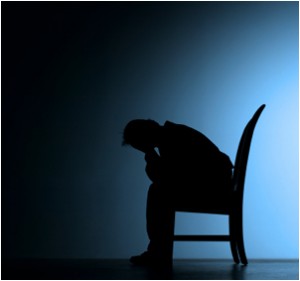 Advice for family members whose loved one can’t seem to grasp recovery
Advice for family members whose loved one can’t seem to grasp recovery
Addiction is a disease that is characterized by cycles of relapse and remission. As much as family members would like to send their addicted loved ones to a treatment center and have them emerge healed, it’s not always possible. Without a solid program of recovery in place, the individual is just one drink or drug away from falling back into old patterns. Occasionally, treatment takes several tries before it sticks.
There is a wealth of erroneous information surrounding the industry that claims substance abuse is not only treatable, but curable as well. Once people buy into the notion that there is no known cure, they are able to let go of unrealistic expectations and trust the process.
Rather than get discouraged because a loved one has made several attempts to get sober at various treatment facilities, Young shares his perspective: “Consider each experience as part of the overall outcome — a continuum of care, if you will. The addict isn’t starting over; instead, he is continuing his journey toward recovery.” The crucial component of achieving success long after treatment is to select the best facility for your loved one’s needs, one that will address the underlying issues of his or her addiction.
TRADITIONS accepts individuals who are appropriate for the program, rather than for the sole purpose to fill beds. A majority of its clients have been to one or more rehab centers in the past. “We don’t offer a ‘dry cleaning’ experience, where the client leaves treatment fixed and flawless. We offer a new way of life,” says Young. TRADITIONS is designed for addicted men who understand the basics of recovery, yet need the structure and accountability that treatment provides.
Long-term residential treatment (120-day minimum) and therapeutic community are contributing factors of TRADITIONS’ success rate. “Clients form meaningful relationships with counselors and community members. Here, they learn healthy behaviors and boundaries. If they fall, they must communicate with their community and face the consequences,” Young notes. What’s more, the program places great emphasis on family recovery. A common reason for relapse is that the recovering addict returns to the same family unit as before. Everyone must make a concerted effort to get well, and TRADITIONS helps facilitate healthy changes.
“We can’t afford another treatment”
If your loved one has been through several addiction treatment programs and cannot grasp recovery, family support groups like Al-Anon Nar-Anon and are strongly encouraged. “Each day is a choice,” Young says. Even if the addict in your life chooses to remain in active addiction, you can choose recovery. Establish a network of individuals with whom you can connect, and ask your Higher Power for the courage to change the things you can — YOU. There is hope!


